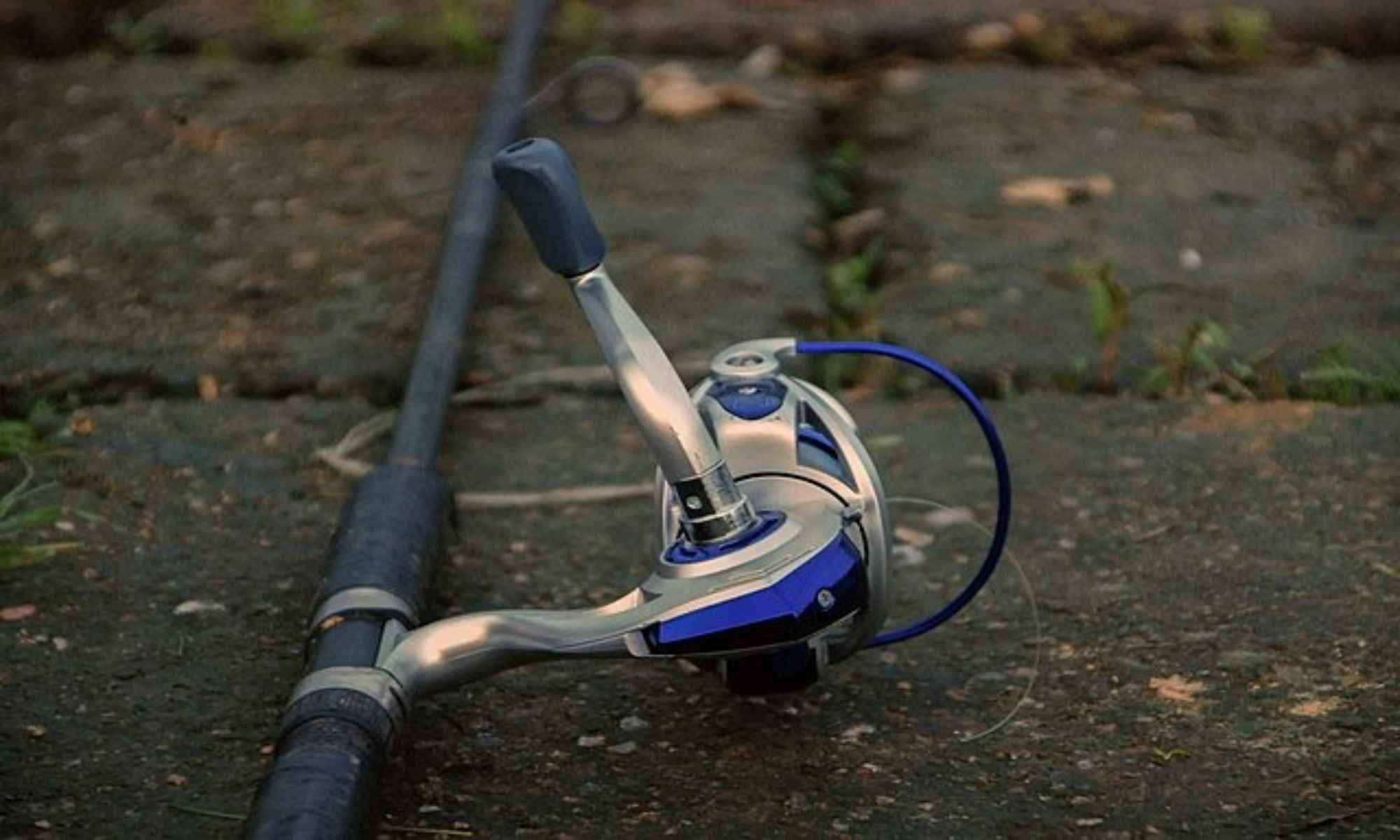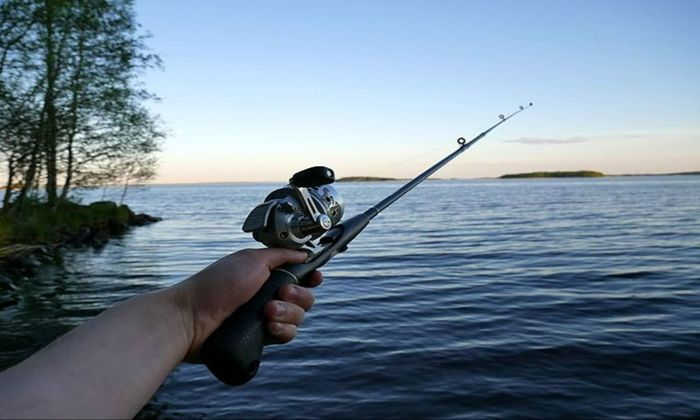5 Ways To Ensure Your Rod and Reel Is Ready for Fishing Season
For a truly productive fishing trip, preparation is the key.

In general, work can be accomplished more quickly and with less stress if you take a step back and consider how you might best prepare. When you can visualize how you will do something, it becomes less intimidating. Fishing season is no exception. Preparation is the key to an exquisite experience, whether for fly fishing or ice fishing.

It's crucial to get your fishing gear ready before the season begins. To be prepared for the season, a few things include cleaning and fixing damaged equipment, spooling lines on your fishing reel, arranging your tackle box, and purchasing necessary supplies. By being prepared and organized, completing these tasks not only positions an angler for success but also helps avoid season-long downtime because of issues with equipment or a lack of supplies.
Of course, with fish being your main target as an angler, it is highly essential for you to ready your fishing rod and reel. Below are five tips on how you could best prepare yourself for the next fishing season.

1. Check Your Fishing Equipment Frequently
Keeping an eye on your equipment more frequently will prevent major problems down the road. Picture a tackle; it's an essential part of your fishing arsenal, yet it's constantly at risk of injury. After the day, inspect your tackle and take some time to fix it before your next excursion. White spirit makes it simple to sort through things like filth.
Look out for things like the lure straying off to one side if you forget to check. It might be curved. To press it back into shape, use pliers, or take it to a nearby bait and tackle shop that can fix it. The latter is accurate for whatever flaw you discover in your tackle. We're discussing nicks, chinks, and other things.
2. Clean Your Fishing Gear with Fresh Water
You'll see that many boats come equipped with freshwater hoses. Cleaning your equipment with clean water after a long day of fishing is essential, especially if you are fishing in saltwater. Clean your rod and fishing reel, paying special care to lures, hooks, and jigs. Here, oil or soap might be helpful, and an extra toothbrush to clean them.
A little oil will lubricate your jigs the next time you go fishing if you find the feathers aren't as loose as they were when you originally bought them. Additionally, various components of your equipment require lubrication. Consider the pleasant drag on your reel. We advise using some scented lures instead, as they'll counteract any adverse effects of the oil.
3. Make Sure to Dry your Fishing Gear Thoroughly
Those of you who are aware of what to do could think it is absurd. The astonishing thing is how many individuals don't dry their equipment after washing it! Every type of metal rusts when exposed to water. Rust can drastically harm fishing equipment. You should dry your equipment to ensure it doesn't become vulnerable to rust.
After cleaning, wipe off your gear with a cloth or paper towel to finish the job. Before putting things away, let everything stand for a few minutes and give it a quick look to ensure everything is arid. It is as easy as it sounds to do it!

4. Keep Your Equipment Somewhere Warm
After getting back into the car, taking care of your things doesn't stop. You can follow any at-home fishing equipment suggestions to preserve the longevity of your gear. And nothing is more crucial than locating a good place for it to live. This is particularly important at the end of the season or if you intend to store your equipment for a long time.
To prevent rust, you must store your equipment in a warm location where it won't be exposed to moisture and condensation. If not adequately insulated, stay away from basements, garages, and areas adjacent to exterior walls.
5. Clean and Loosen Your Reels and Rods
Back to the fishing gear maintenance, there's a lot you can do to extend the life of your reels. To avoid unnecessary tension, loosen the drag on your reels at the end of each day. Then, just like with your jigs and lures, make sure to keep them clean. Hot water with a 10-second rinse and a long wipe-down can work here.
Because reels have many nooks and crannies that a cloth or paper towel may not be able to reach, some anglers recommend using a hairdryer to get to those hard-to-reach areas. Add some specialized oil before packing them away for extra care. After all, you want the line to move smoothly through the reel!
First, follow the above cleaning and drying instructions for your rod. However, unlike your other gear, you'll want your rod’s specific location and position. Similarly, when fishing, use caution with your rod.
Start prepping your fishing reels and rods for your next fishing trip now that you know what to do!




